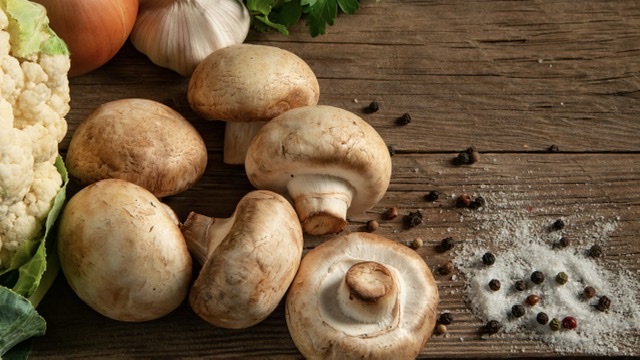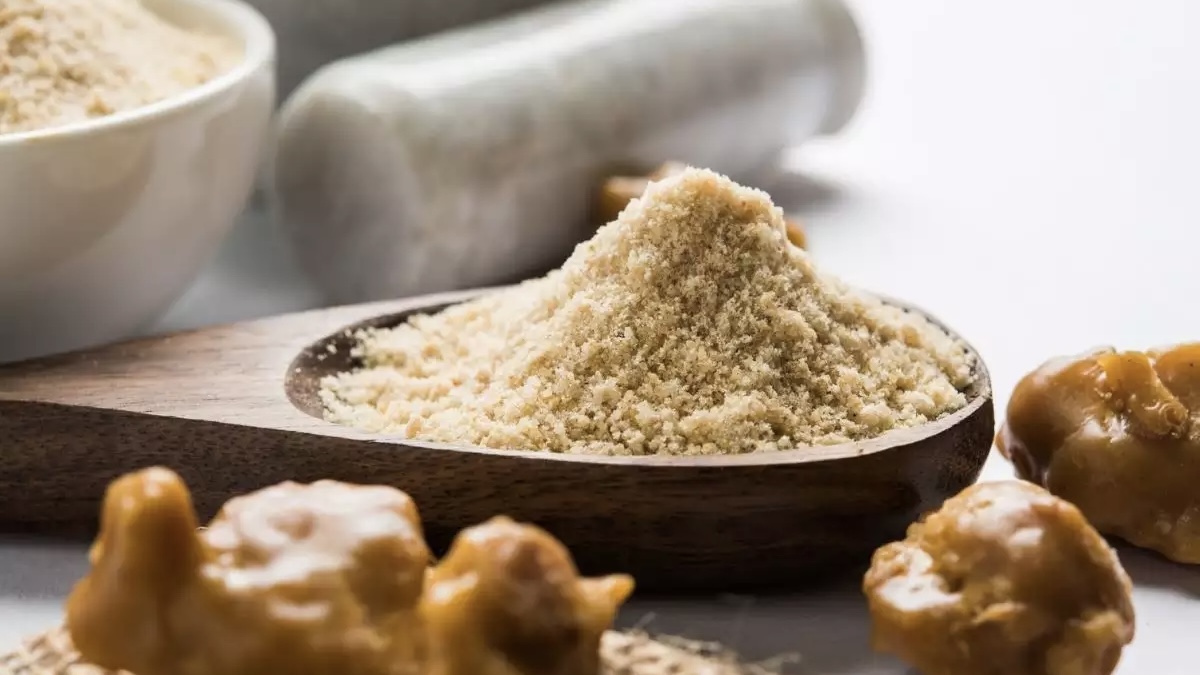A winner all the way, coconut oil is one fat which is indispensable and has taken the world by storm owing to its versatility and uniqueness.
Coconut helps you lose weight by increasing metabolism. A medium chain triglyceride, it is easily absorbed and digested in the body and goes straight into the liver, aiding metabolism and producing energy. Triglycerides also readily convert into ketones, which help functioning of the brain and reducing memory loss. Virgin Coconut Oil (VCO) is also proven to stimulate the thyroid gland and help in conditions of hypothyroidism effectively.
Coconut oil supports almost all the functions of the body and is an abundant source of Lauric acid, which then converts into Monolaurin, a substance that aids immunity and growth. Therefore it is found to be extremely beneficial in controlling stomach ulcers, tooth decay, food poisoning, dermatitis, mouth ulcers and cavities. No wonder it finds its way in organic toothpastes and is recommended for oil pulling, an oral hygiene technique which helps sensitivity, mouth ulcers, gum bleeding, even throat infections, chronic constipation and digestive disorders.
VCO is also beneficial in increasing HDL or good cholesterol, which helps in prevention of coronary heart diseases. Interestingly VCO is also alkaline in nature and that makes it extremely beneficial for creating an alkaline environment in the body, especially for cancer patients and those who suffer from acidity, heart burn etc.
Coconut oil is not only beneficial when consumed internally, it has commendable benefits on your skin and hair as well. It penetrates your hair shaft by virtue of being a medium chain fatty acid, and that makes it an extremely good pre-shampoo oil for damage control and retaining moisture. While Coconut oil contains little Vitamin E, it has abundant Ferulic acid, an antioxidant more potent than Vitamin E, and another antioxidant called Caffeic acid, which makes it an essential in skin care products for anti-aging, sun-damage/burn, itching, dry or dehydrated hair and skin.
Coco glucoside, a derivative of coconuts is an ECOCERT mild detergent which is now replacing harsh chemicals like SLS, SLES in natural and organic soaps, shampoos, bubble-baths and shower gels.
Coconut derived soaps and liquid detergents offer very good cleansing and are gentle on skin. Owing to its rich Lauric and Myristic acid content, it gives a rich lather even in hard water and that makes it indispensable in handmade cold process soaps. These days it is also being used in making castile soap, which was earlier made only with pure olive oil. These kind of soaps and detergents are biodegradable and safe for skin and eco system.
Coconut oil also contains a polyphenol, catechin also found in green tea and cacao, lends antioxidant properties, aids in reduction of fat and lowering LDL, it is also recognized to have anti-cancer activity. Apart from being an excellent moisture in small quantities, coconut oil has natural SPF (sun protection factor), which makes it invaluable in skin care products. That being said, please do not take coconut oil as a substitute for sunscreen, as generally prescribed on most websites. It has an spf of 4-5 which is too low to provide complete sun protection. While the antioxidants present in coconut oil protect the skin from sun damage, it is not enough to provide a broad spectrum protection.
Virgin coconut oil is also proven to be beneficial in inflammatory and arthritic pains. Mixed with castor oil it can give effective relief in arthritic joint pains and can be used for regular massage and lubrication.
A word of caution
Coconut oil is also reported to be comedogenic, which means it clogs the pores and also as acnegenic, so it can worsen acne pustules, therefore it is not recommended for external application for people who suffer from acne or excessive sebum.
How to use Coconut oil?
- Virgin Coconut oil is best for internal consumption. This is the first extract.
There are two ways of extraction, one is cold pressing, another is centrifugal separation of fat from coconut milk. The latter is much lighter and has a mild coconut taste, easier to eat raw.
- VCO can be added to hot or cold beverages, but it is yummy in hot coffee as a vegan alternative to milk.
- In salads—one of the most interesting way I consume coconut oil is in a salad which helps medium to chronic constipation or piles immensely.
How to: Dice organic apple, organic ripe papaya, organic steamed beetroot, and cucumber. Combine them together in a bowl. Add two tbsp of VCO, 1 tsp honey, juice of one small lemon, salt, chopped roasted almonds and 2 tsp of raisins. Refrigerate for about 15 minutes or chill until coconut oil turns into tiny flakes. This is an excellent recipe for aiding digesting, adding fibre and lubricating inflamed digestive tract due to piles or chronic constipation.
This recipe is extremely healthy and a wonderful diet meal for everyone in general also. It boosts metabolism, gives energy, and helps in stimulating thyroid gland, and suitable for weight watchers too.
- In cooking, you can replace your regular oil with coconut oil. It has been proven to stay stable under high temperatures and not change its qualities during long hours of frying, which makes it the most suitable frying oil.
- External application for cuts, abrasions, burns and massage. Coconut oil is cooling in nature, so it is most suitable for people who suffer from heat related problems and are of pitta constitution, while vata and kapha types can combine it with some warming oils like olive, mustard or sesame.
Coconut can be classified as a fruit, a nut or a seed. Its versatility makes it a complete food and survival ingredient. You could derive water, flour, sugar, oil, meat, fibre/yarn, soap/ detergent, moisturizer, coir and so much more from this ‘all-in-one’ wonder of nature.





